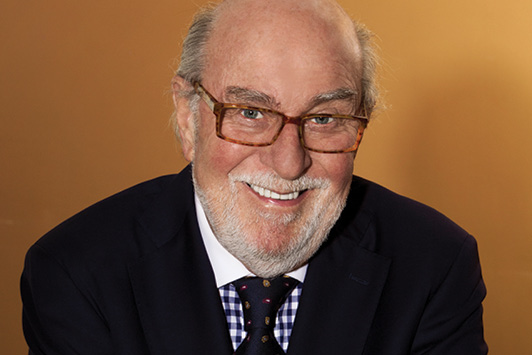
Who are today’s customers?
A new demographic is dominating the market, with an approach to shopping that is challenging retail at its core, according to Lewis. “The entire cohort of Baby Boomers — the biggest consumption group of the last century — is fading away. They’re getting old. They’re not buying stuff anymore; they’re traveling, going to restaurants, spending on entertainment.”
Replacing them, he continues, are millennials and Generation Z — those born in the mid-1990s to the mid-2000s. “Ironically, these groups don’t care about stuff, either — and they’re also looking for experiences. But millennials and Gen Z see an old world and a new world. Their mothers and fathers — even their brothers and sisters — live in the old world. They don’t want to live there. They are creating their own new world, with brands never heard of by people not in those demographics.”
How important is brand recognition to this group?
Lewis defines millennials and Gen Z-ers as “brand agnostic” across the board, including luxury. As such, he believes all luxury brands will face challenges in the future as these two generations gain more of a foothold in the marketplace.
“If a Gen Z-er needs a dress, she goes on her mobile phone, googles dresses and scans through about 100 dresses and picks out the one she thinks will look good on her. And then, by the way, if it happens to be a brand name, that’s okay,” he says. “If a millennial needs an outfit and accessories for a special event, she’ll go to [online fashion rental company] Rent the Runway and then send the items back the next day. We will see more of that; everything has to be immediate.”
How are online luxury sales evolving?
In addition to designer websites, Lewis points to the “explosion” of both Amazon and Alibaba. While the latter concentrates on the Chinese market, Amazon is closely watching Alibaba’s approach to luxury.
“Alibaba has been very successful in getting major luxury designers to commit to being part of their site,” he explains. “The difference between Alibaba and Amazon is that Alibaba allows these brands to put their storefront and their entire image on its site, which creates the shopping experience of physically going into their stores.”
But for Amazon, much will depend on the designers themselves. “Amazon is trying to get luxury brands. They have a lot of traffic; the very wealthy are clicking onto Amazon all the time. But the luxury brands don’t want to put their products on Amazon, because they’re afraid it will deteriorate their brand image. They don’t want to look like vanilla Amazon.”
Is brick-and-mortar on life support?
Brick-and-mortar stores can survive if they become destinations of entertainment or offer a special experience, Lewis believes. He cites a test program by Nordstrom that may be a prototype of the future shopping experience, although the jury is still out.
“Nordstrom Local can’t be called a store — it doesn’t have any merchandise,” he says. “Located in a very upscale market, it features a salon with coffee and wine where a woman can have a manicure and a massage. She can bring in a previously purchased outfit that an on-site tailor can size for her. And while she’s having her nails done, a personal stylist comes over with an iPad which has all her information — size, color preferences, etc. Together, they will select outfits and accessories that she can purchase and have delivered to her front door that day.”
Can the mom-and-pop jewelry store become popular again?
Independent local stores have the opportunity to redefine the shopping experience, according to Lewis, but only if they are accessible, convenient and smart. Location is critical; even traveling a short distance is an impediment to shopping for millennials and Gen Z.
“I think we’ll see a renaissance of the moms and pops. But these jewelry stores have to really learn everything about the customers in the neighborhood — the birthdays, the dog’s name, their hobbies,” he maintains. “Those are the kind of brick-and-mortar stores that will be successful.”
Image: Robin Lewis, consultant.Article from the Rapaport Magazine - June 2018. To subscribe click here.